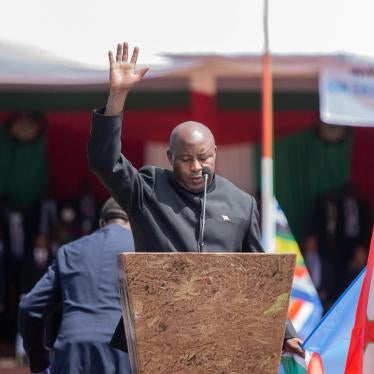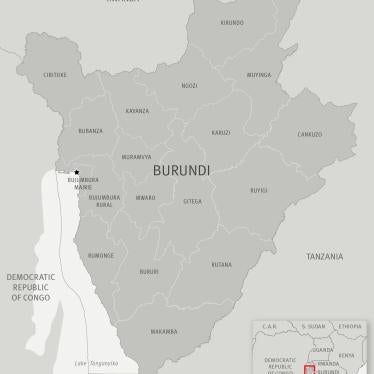We welcome the report of the Commission of Inquiry on the situation of human rights in Burundi and share its assessment that despite some initial promises made by President Évariste Ndayishimiye, the structural reforms needed to address the dire rights situation in Burundi have not taken place. In fact, several deadly grenade attacks reported in Bujumbura and Gitega in recent days are worrying signs of growing insecurity and violence, and a somber reminder that the situation in Burundi remains fragile. Fabien Banciryanino, a former member of parliament, and Tony Germain Nkina, a lawyer and former human rights defender, both convicted of abusive charges, remain in detention.
Since the last dialogue, Burundian media and civil society groups – most of whom still operate from exile – and Human Rights Watch have documented how Burundian national intelligence, security forces, and Imbonerakure members have continued to commit grave human rights violations, including killings, enforced disappearances, torture, and arbitrary detention. Sources in Cibitoke province told Human Rights Watch about dozens of bodies found by the Rusizi River, some with bullet or knife wounds, bruises, or with their hands tied behind their backs. In many cases, sources said local administrative officials, Imbonerakure members, or police officers buried the bodies without investigating the cause of death.
Despite some government promises to address the pervasive climate of impunity and restore confidence in the justice system, the vast majority of these abuses go unpunished, as spelled out in the Commission of Inquiry’s report. There has been no substantial progress in the fight against impunity due to lack of political will to address human rights violations committed since 2015.
We appreciate the Commission drawing attention to the need for continued monitoring of the situation in Burundi. Our own research shows that Burundian civil society and media are still heavily restricted, as are international organizations, and the government continues to block independent scrutiny by international monitors. The government has yet to authorize the Office of the United Nations High Commissioner for Human Rights (OHCHR) to reopen its country office.
Any change in the Human Rights Council’s approach to Burundi should only come in response to concrete commitments by Burundi to cooperate with any mechanism, to allow international access, to re-establish an OHCHR presence, and to implement human rights reforms within a clear timeframe, measured against specific benchmarks. The Council should ensure continued documentation, monitoring, public reporting, and open discussion on Burundi’s human rights situation, with a focus on justice and accountability.








